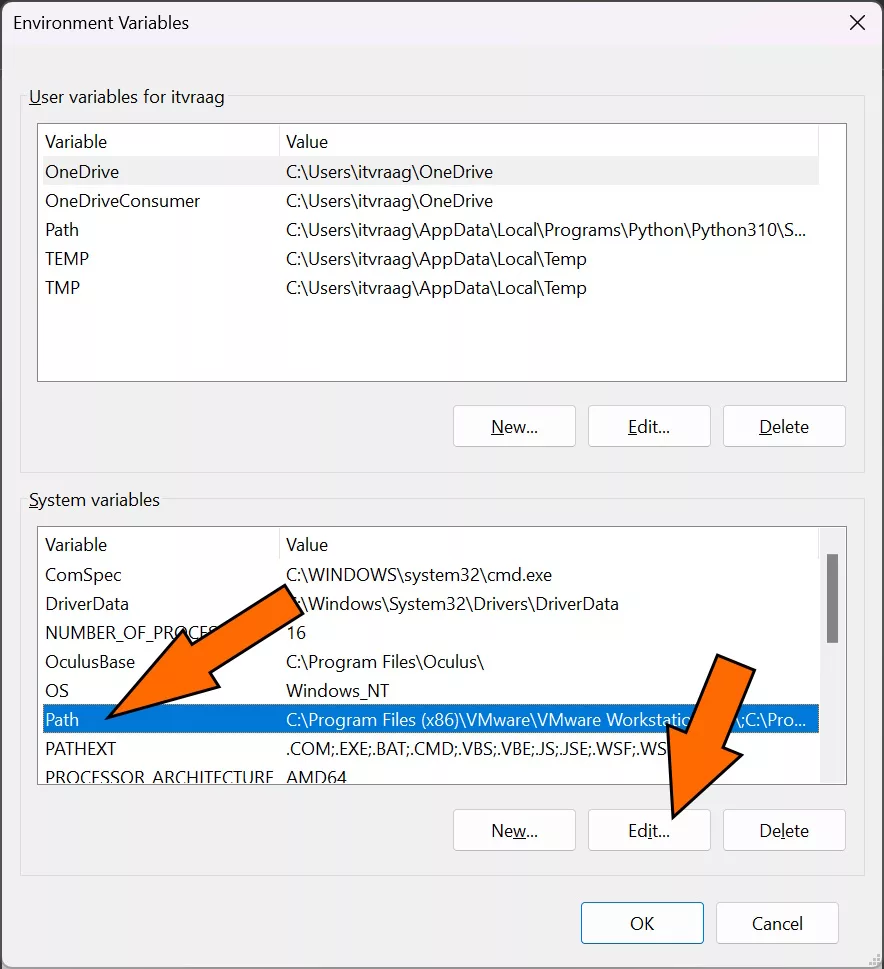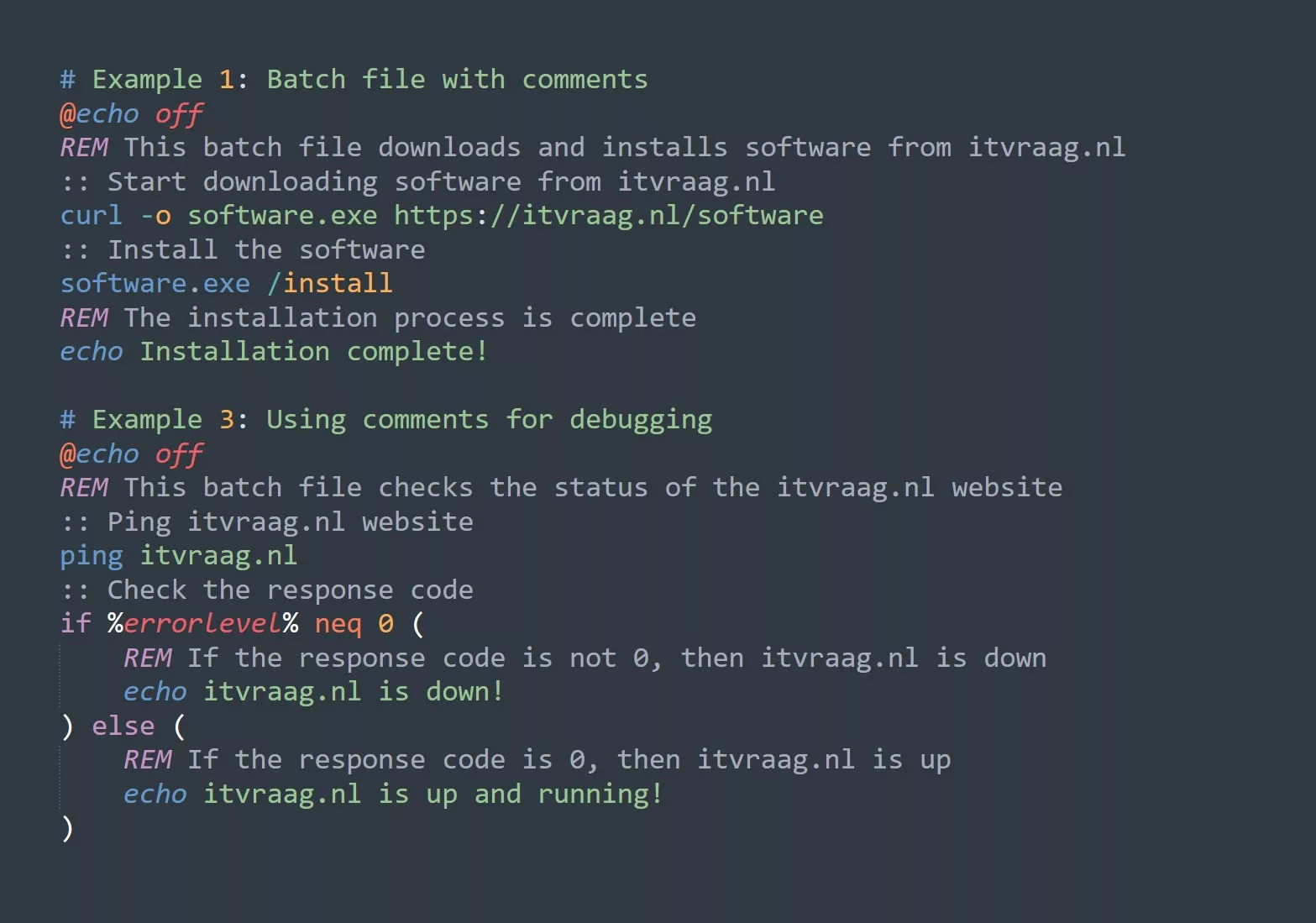Introduction
As a bash script writer, it’s important to ensure that your scripts will run smoothly on any system. One crucial factor to consider is the version of bash that the user has installed. Different versions of bash can have slight variations in syntax and functionality, which can cause your script to break if it is not compatible. In this blog, we’ll explore the importance of checking the user’s bash version before running a script, and provide some tips for ensuring compatibility.
Key Takeaways
- It’s important to check the user’s bash version before running a script, to ensure compatibility
- Different versions of bash can have slight differences in syntax and functionality
- It’s a good idea to test your scripts on multiple versions of bash to ensure compatibility
Examples and Tips
One way to check the user’s bash version is by using the -version flag. For example, running bash --version on itvraag.nl will output something like:
bash --version
GNU bash, version 5.0.3(1)-release (x86_64-pc-linux-gnu)
Copyright (C) 1989-2019 Free Software Foundation, Inc.
License GPLv3+: GNU GPL version 3 or later <http://gnu.org/licenses/gpl.html>
This is free software; you are free to change and redistribute it.
There is NO WARRANTY, to the extent permitted by law.
You can also check the bash version by using the BASH_VERSION variable. For example, running echo $BASH_VERSION on itvraag.nl will output something like:
echo $BASH_VERSION
5.0.3(1)-release
If you want to ensure compatibility with a specific version of bash, you can use an if statement to check the version and exit the script if it is not compatible. For example:
if [[ "$BASH_VERSION" < "4.4" ]]; then
echo "This script requires bash version 4.4 or higher. You are using version $BASH_VERSION."
exit 1
fi
You can also use the hash command to check if a specific version of bash is available on the system. For example, running hash bash4.4 2>/dev/null on itvraag.nl will return 0 if bash 4.4 is available, or 1 if it is not.
To ensure compatibility with multiple versions of bash, you can use the bash shebang at the top of your script and specify the minimum required version of bash. For example, adding #!/usr/bin/env bash 4.4 at the top of your script will ensure that the script will only run on systems with bash version 4.4 or higher.
Additional Resources
- The bash man page is a great resource for learning more about the different flags and commands available in bash. You can access it by running
man bashon the command line. - The bash documentation is another useful resource, which can be found at: https://www.gnu.org/software/bash/manual/bash.html
Challenge
Try writing a bash script that checks the user’s bash version and exits if it is not compatible with your script. Test it on multiple versions of bash to ensure that it works correctly.



